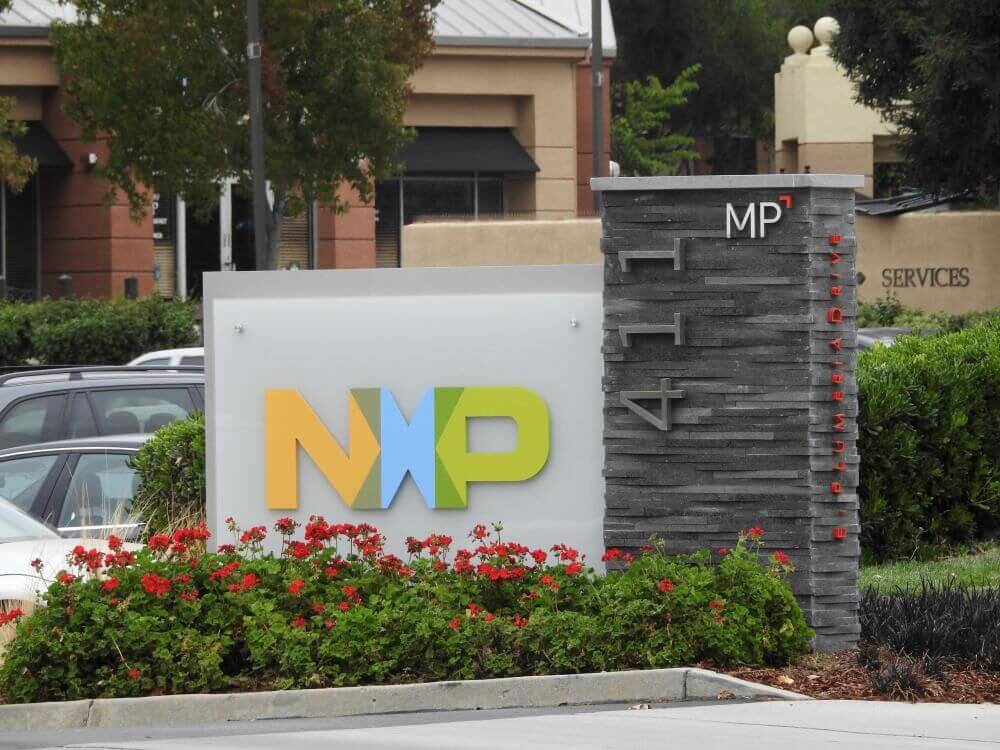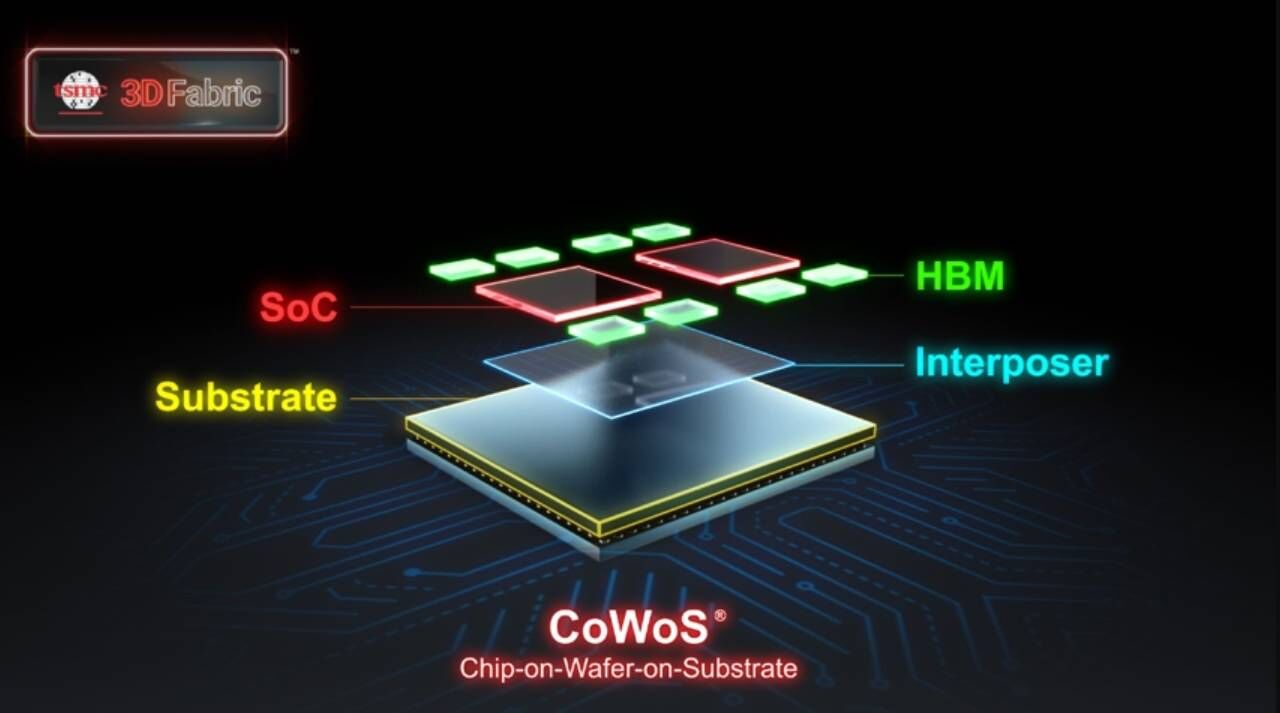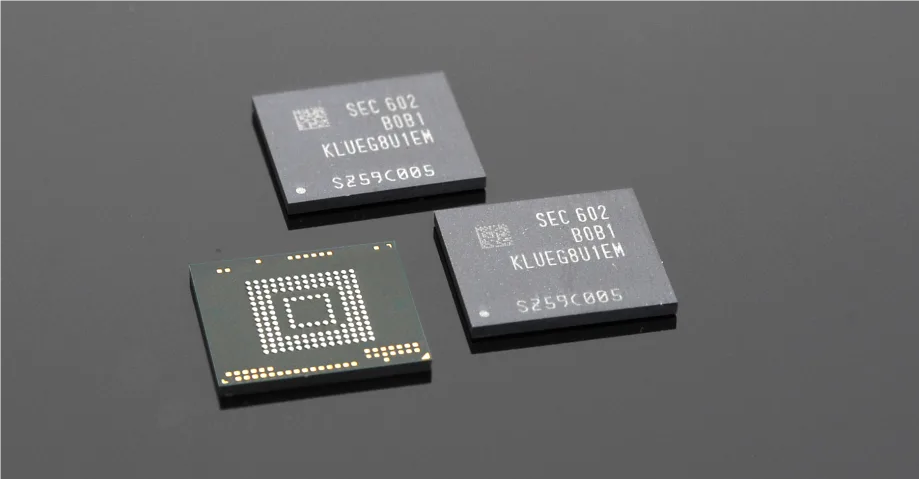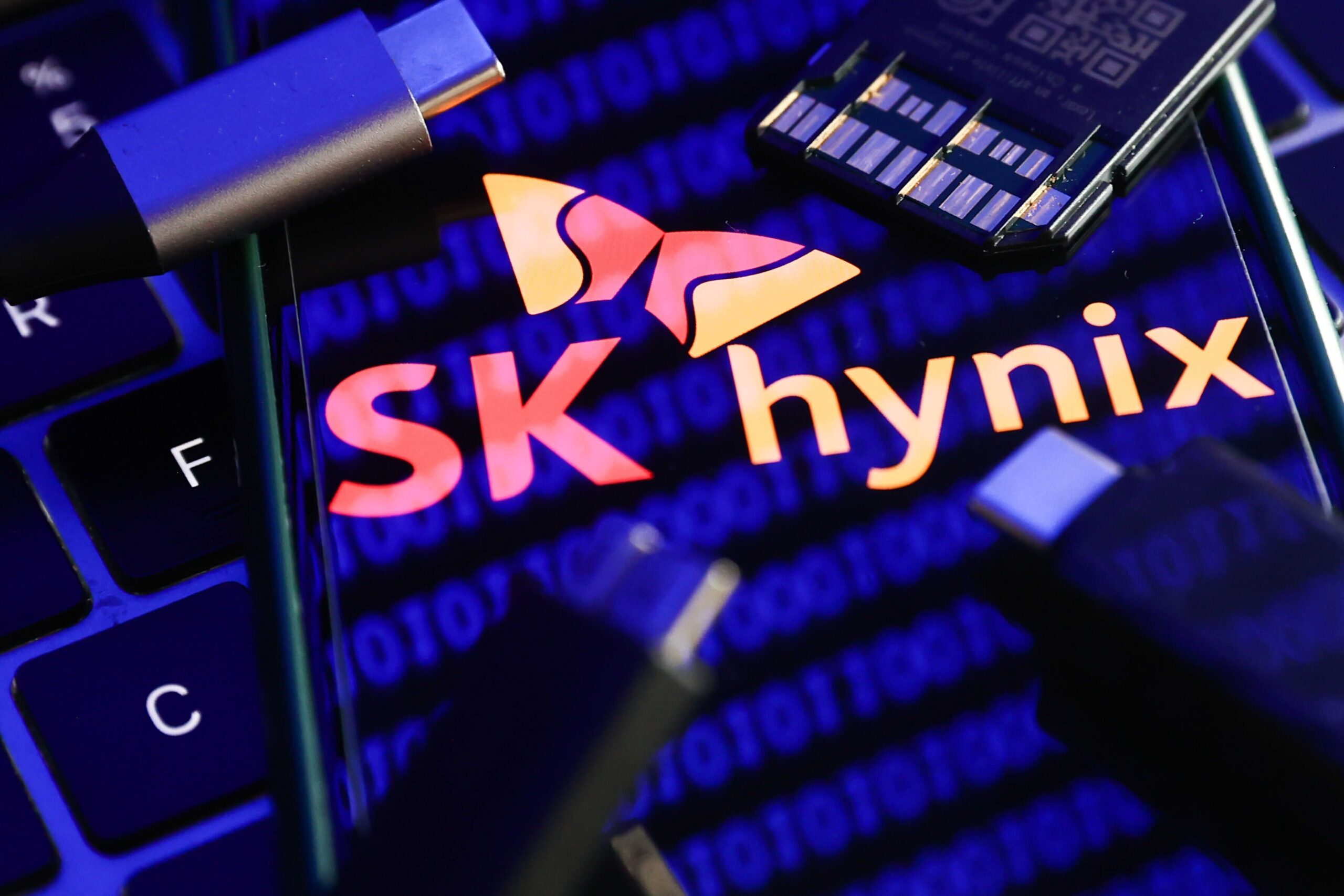According to report, NXP Semiconductors and Advantech have joined ARM’s Project Cassini and its SystemReady program to offer one of the first complete boards with software to developers of systems for the Internet of Things (IoT).
The RSB-3720 Single Board Computer and EPC-R3720 Box Computer are powered by the NXP i.MX8m Plus based on ARM Cortex-A53.
Project Cassini is an open, collaborative, standards-based initiative to deliver a seamless cloud-native software experience for devices on ARM Cortex-A. It reduces the complexity of software deployment and makes it simpler to scale.
This is key as according to a forecast by Statista, the total number of installed IoT devices worldwide will reach almost 31 billion units by 2025, a sharp jump from the 13.8 billion units from 2021.
The three elements of Project Cassini are ARM SystemReady certification program, PSA Certified and Platform Abstraction for Security (PARSEC), as well as reference implementations for a cloud-native ecosystem.
ARM SystemReady separates the SoC silicon from software such as operating systems, hypervisors, and containers, ensuring that any off-the-shelf OS can be installed on different SoCs without the need for further engineering work or fine tuning. This means less investment is required from silicon providers on the support side, more choices for the OEMs, and the ability to focus on higher value differentiation.
The PSA Certified program offers a security framework that ensures a security baseline aligned with key standards and use-case requirements for edge IoT devices. The PARSEC open-source project allows cloud-native workloads to find the hardware Root of Trust (RoT) for authentication and orchestration that has become the norm in data centres.
“We adopted NXP’s SystemReady compliance Board Support Package and equipped these products with drivers for add-on peripherals and embedded Linux,” said Aaron Su, AVP of Embedded IoT Group of Advantech.
By certifying products to both SystemReady-IR (IoT Ready) and PSA Certified, and enabling PARSEC within the software stack, Advantech plans to offer one of the first complete Project Cassini platforms to the market. This will support a range of IoT use cases and multiple software stacks and performance price points.
NXP points to the security elements included in the i.MX8m Plus and the coming i.MX9 family to help customers reduce cloud dependency and reduce overall system power while improving application latency and protecting proprietary data and privacy. With PSA Certified and PARSEC, as well as offering consistent API, customers can access the security mechanisms and a security framework that provides standardized resources to help resolve the growing fragmentation of IoT requirements and to help ensure security is no longer a barrier to product development.
“With Project Cassini, we recognize a shared vision—helping customers reduce the cost and time necessary to deploy advanced technology to the edge. As we look forward, we see an even more software-driven approach to product development, and as such the need to ensure customers can get started easily with new processors on embedded boards or modules, and to be able to quickly use, and re-use, firmware across chipsets and applications,” said Justin Mortimer, Global Marketing Director of Edge Processing for NXP Semiconductors. “Widespread industry collaboration is critical to unlocking opportunities around edge AI and moving the market forward, and NXP and Advantech working with ARM as part of Project Cassini is a strong example of the results this can deliver,” he said.












All Comments (0)